![]()
Sat, Feb 12, 2011 | The Rubin Report | By Barry Rubin
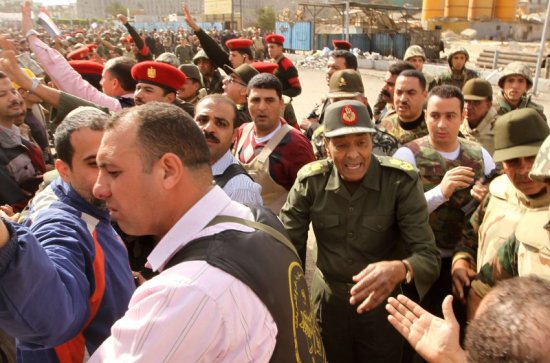
Egypt's Defense Minister Mohammed Hussein Tantawi spoke to the anti-government protesters on Friday morning as he visited the square. (Photo: AFP)
Egypt’s Military Announces Policy, Economic Factors Emerge
The Egyptian military’s Armed Forces Supreme Council has released its fourth communiqué. The group includes the heads of the army, navy, and air force; Umar Suleiman from intelligence; and a few top generals. Note by the way that Suleiman’s continued presence shows that only one person has left power: Mubarak.
Let’s analyze it.
First, the current government and all provincial governors will remain in power until a new one is formed. Who will choose this cabinet is not clear. No timetables have been put forward.
Second, the statement continued that the military is “looking forward to a peaceful transition, for a free democratic system, to permit an elected civil authority to be in charge of the country, to build a democratic free nation.”
It emphasized Egypt’s “commitment to all its international treaties.” But note that this only applies to the interim period until there is an elected government, which can then set its own policy. Aside from any strategic considerations, the treaty is also key to the military’s receipt of $1.3 billion annually in U.S. aid.
The main danger in future will not be a formal renunciation of the treaty but merely ignoring its provisions. Still, the Egyptian military would probably stick to agreements limiting the number of forces in different areas of the Sinai peninsula. It is the economic and civilian aspects that will probably disappear.
A major goal is to get things back to normal to reverse the tremendous economic damage done to the country by the revolutionary period.
The economic aspect deserves special attention. A post-revolutionary civilian government is likely to follow policies that will subvert economic development. To keep the people happy, subsidies for vital goods (especially food) will be raised; to ensure that young people don’t cause trouble, the government will continue to provide useless jobs that are basically subsidies to those who otherwise would be unemployed.
In other words, while the country most needs the development of low-paid, low-skilled but highly productive jobs for the urban poor, it will probably focus on keeping the urban middle class happy.
The likely model for Egypt, then, will be not China but Greece.
Generally, a return to the statist economy of earlier years seems likely, which would probably end Egypt’s economic growth. With no source for major foreign aid available, the country is likely to be in serious trouble.
As the Wall Street Journal puts it:
“Economists say the region’s regimes are fixated on survival and trying to spend their way out of trouble, but that could perpetuate the economic imbalances that helped fire protesters’ disaffection…. ‘For sure, an overreliance on subsidies or transfers of wealth to placate the population is a short-term fix that raises serious longer-term vulnerability — but for many countries it’s about survival now,’ said Benoit Anne, head of emerging market strategy at Société Générale.”



 RSS
RSS

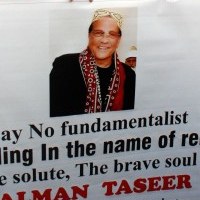
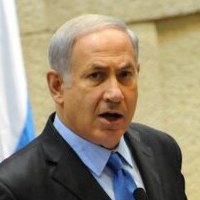
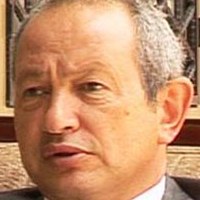

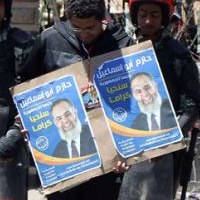













#Egypt’s #Military Announces Policy, Economic Factors Emerge | #Tantawi #Jan25 http://j.mp/gycPU0
RT @CrethiPlethi: #Egypt’s #Military Announces Policy, Economic Factors Emerge | #Tantawi #Jan25 http://j.mp/gycPU0